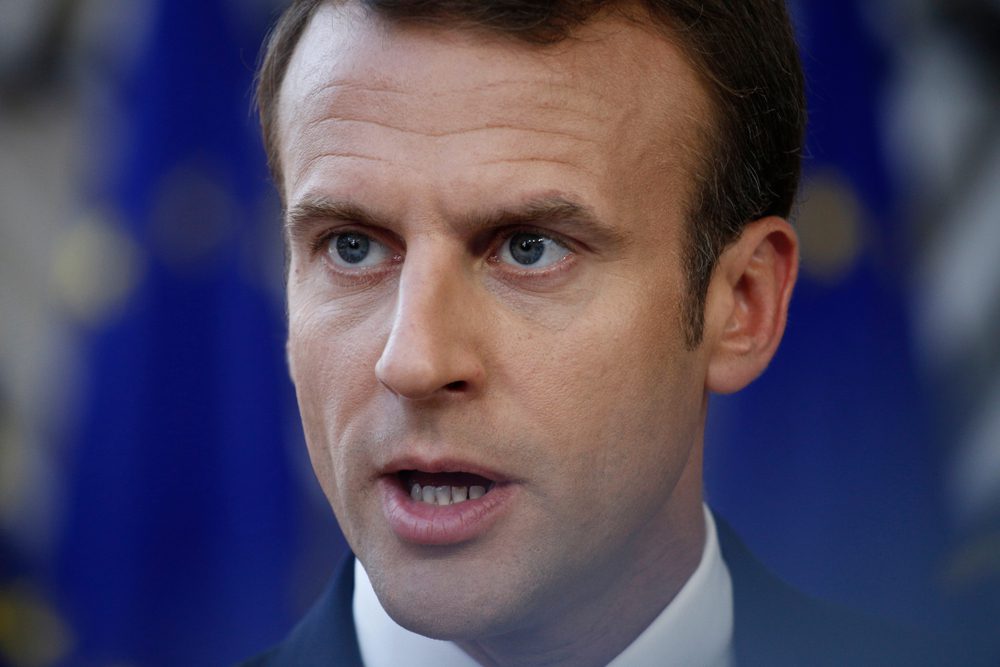
Crises follow one another and are strangely similar. After having managed the COVID-19 crisis by means of non-elected bodies, namely, a scientific council and a public health defence council that allowed him to evade parliamentary control, Emmanuel Macron is repeating the process by choosing to manage the looming energy crisis due to the Russian-Ukrainian war by once again engaging a defence council.
On Friday, September 2nd, the President of the Republic convened an exceptional energy defence council at the Elysée Palace. Designed to respond to the challenges represented by inflation on energy prices, it must also deal with the impact of Gazprom’s continued suppression of energy supplies via the Nord Stream gas pipeline—presumably closed due to maintenance work, meant to last only a few days.
“The aim of the national defence and security council will be to take stock of the situation and the scenarios envisaged to prepare for all possible scenarios this autumn and winter,” an Elysée adviser told AFP. The possibility of a blackout, which remains a possibility, is in the firing line.
On the institutional level, establishing an exceptional defence council—a sort of restricted council of ministers, with occasional recourse to experts—must be justified by the existence of a threat to the vital interests of France. Emmanuel Macron considers the impending energy crisis in these terms, and, via the defence council, retains an authoritarian grip on power COVID-19 protocols had given him a taste of. This modus operandi is of great interest to him: the measures taken by the council in emergency situations are not subject to parliamentary approval, and the emergency defence council is protected by defence secrecy. The council’s executive decisions are therefore not obliged to be reported to the press, as is required at the end of a usual council of ministers. The defence council mechanism was initially reserved for military matters but was extended in 2009 to internal security matters. Macron has already expanded its use during the COVID-19 pandemic, drawing much criticism from the opposition.
This new recourse to the defence council has triggered hostile reactions. “Emmanuel Macron chooses once again to bypass parliament,” said the president of the Rassemblement National group in the National Assembly Marine Le Pen. Emmanuel Macron “tramples on democracy,” the La France Insoumise MP Elisa Martin raged, accusing the head of state of retreating “into his ivory tower, with his certainties and his friends.” Several parliamentarians from Les Républicains also criticised the abuse endorsed by the presidency of the Republic: the existence of recurrent crises should not justify the maintenance of a permanent state of emergency, and bypass the normal functioning of the institutions of the Fifth Republic.
In an article published in Le Figaro on Tuesday, August 30th, the essayist Mathieu Slama, author of an essay entitled Adieu la liberté, essai sur la société disciplinaire (Farewell freedom, essay on disciplinary society), accuses the president of the Republic of having made crisis communication a universal political weapon, confiscating the public debate. Within these accusations can be detected a certain echo emanating from the legitimacy of Emmanuel Macron’s authority, since his re-election remains questionable for many French people.
